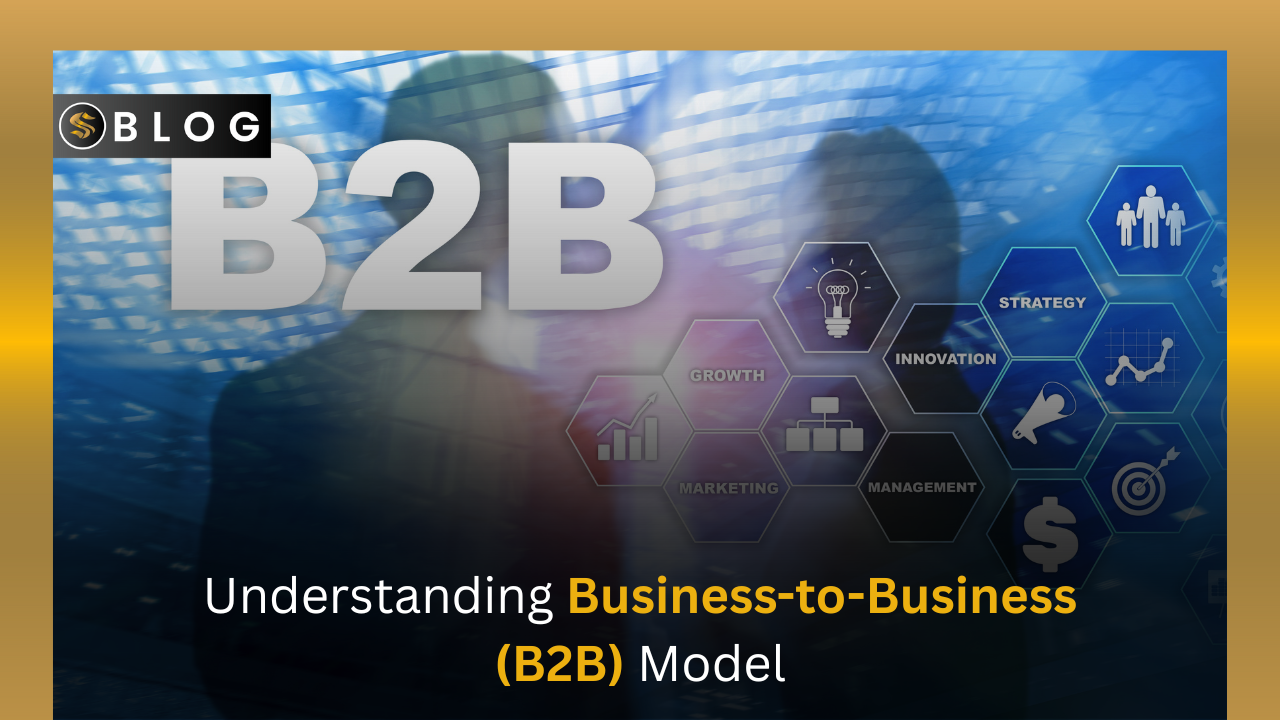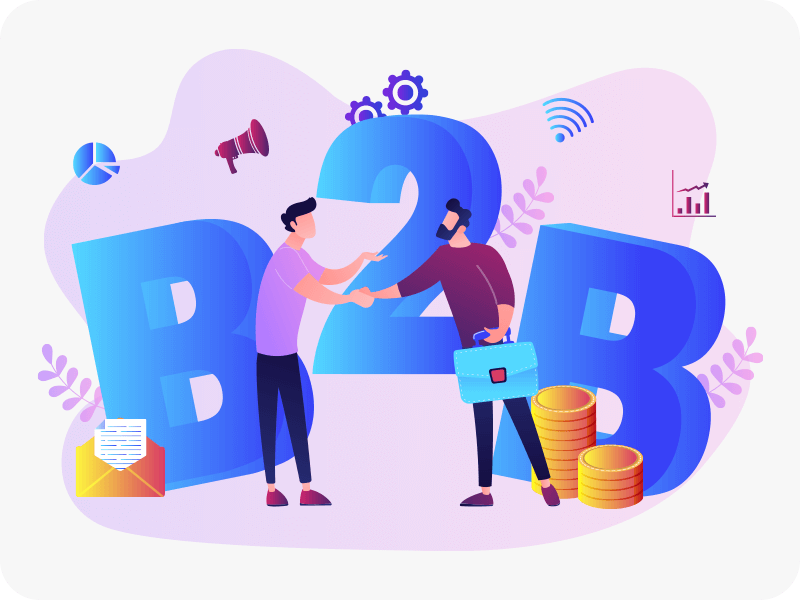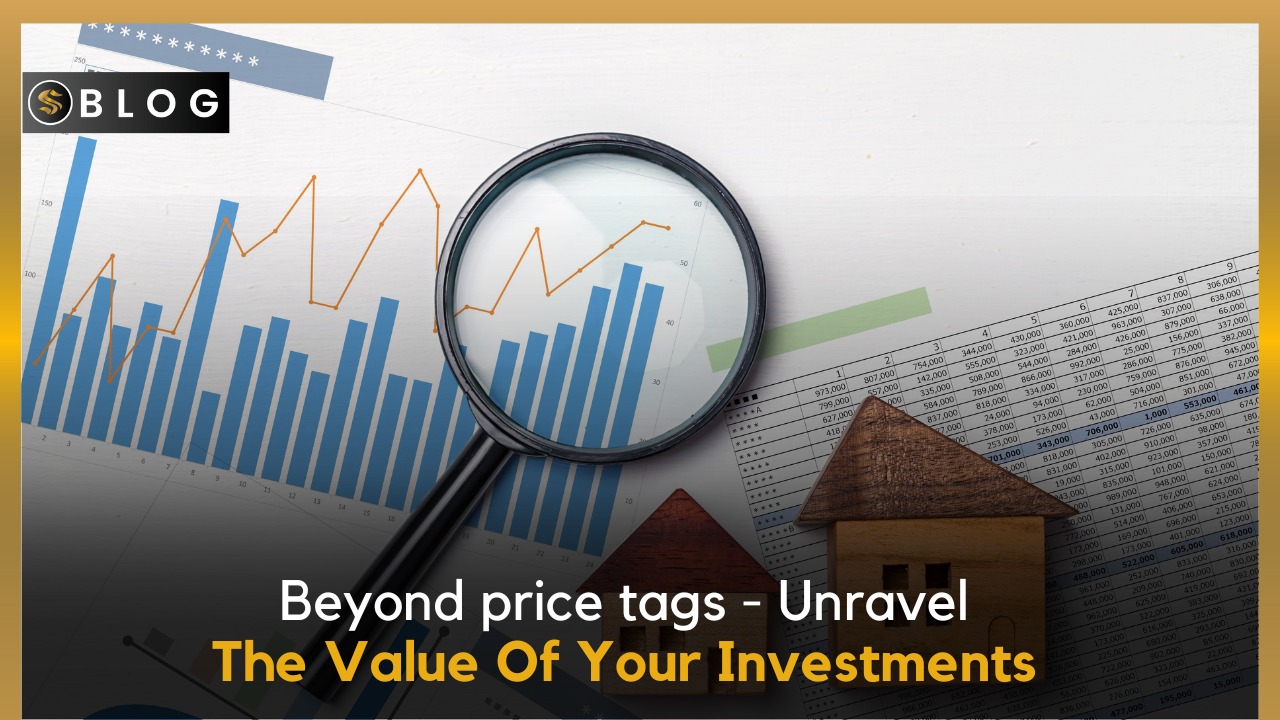
Share This Story, Choose Your Platform!
B2B – What is It and How is It Used?
B2B stands for “business-to-business.” It refers to transactions, interactions, and relationships between businesses rather than between businesses and individual consumers (B2C). In a B2B context, one business sells products or services to another business.
Forms of B2B Transactions
B2B transactions can take various forms, such as manufacturers selling goods to retailers, wholesalers supplying products to restaurants, or software companies providing solutions to other businesses. These transactions often involve larger order volumes, more complex negotiations, and longer sales cycles compared to B2C transactions.
Factors Impacted by B2B Model
B2B relationships typically prioritize factors such as efficiency, cost-effectiveness, quality, and meeting specific business needs. Marketing and sales strategies in the B2B often involve targeting specific industries or market segments, building long-term partnerships, and emphasizing the value and benefits a product or service can bring to the purchasing business’s operations or bottom line.

Effect of Emerging Digital Technologies
With the rise of digital technologies, B2B transactions have also expanded to include online marketplaces, e-commerce platforms, and electronic data interchange (EDI) systems, making it easier for businesses to connect and conduct transactions globally.
B2B Contribution in E-Commerce
B2B (Business-to-Business) plays a significant role in the growth of e-commerce. B2B e-commerce platforms facilitate seamless business transactions, allowing them to procure products and services online. These platforms provide a range of features tailored to the specific needs of businesses, such as bulk ordering, negotiated pricing, and integration with supply chain systems.
B2B e-commerce fosters efficiency, cost savings, and improved customer experience by streamlining procurement processes, reducing paperwork, and enabling businesses to access a broader network of suppliers. Overall, B2B e-commerce is revolutionizing how businesses connect and conduct transactions, driving digital transformation across industries.
Bottom Line
B2B enables businesses to source products, services, and supplies from trusted vendors at competitive prices, leading to cost savings and increased profitability. B2B platforms also offer a wider market reach, allowing businesses to expand their customer base and explore new partnerships, leading to growth opportunities. Additionally, B2B interactions foster collaboration and knowledge sharing, enhancing industry relationships and promoting innovation within the business ecosystem.



